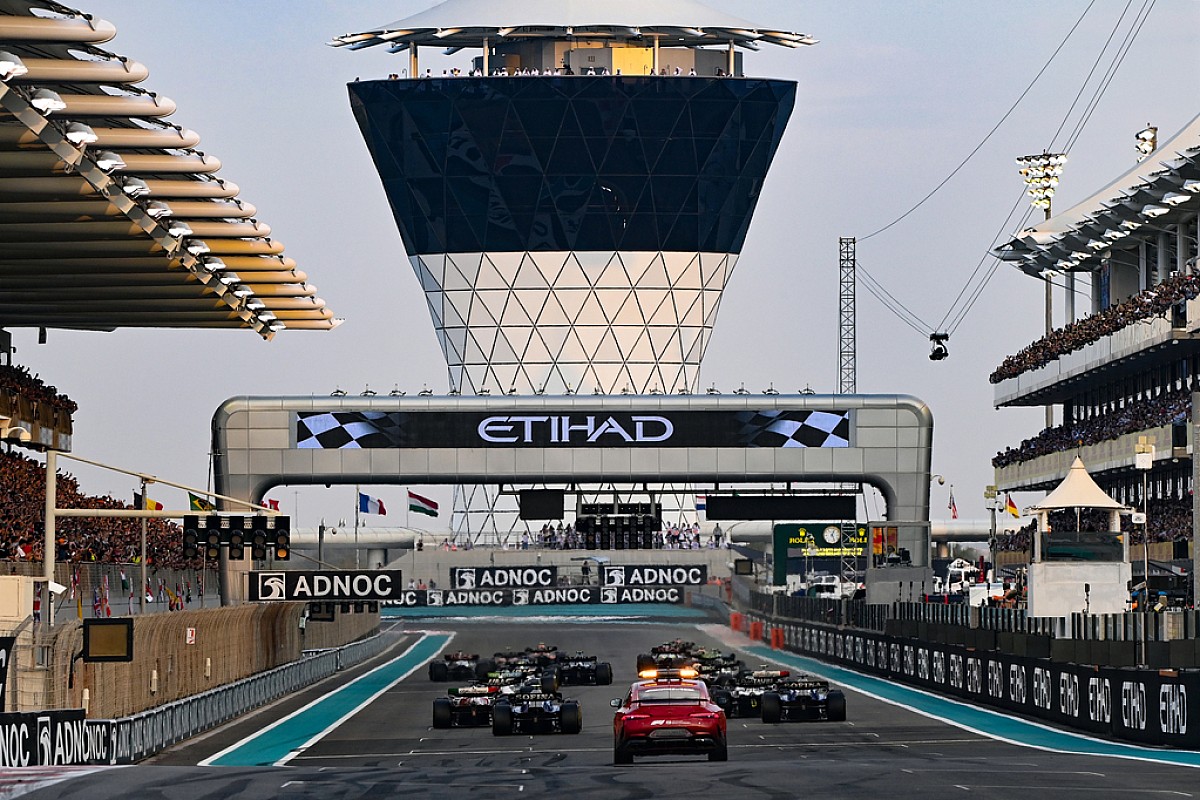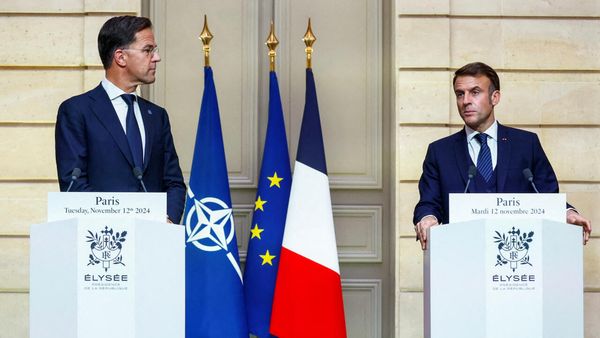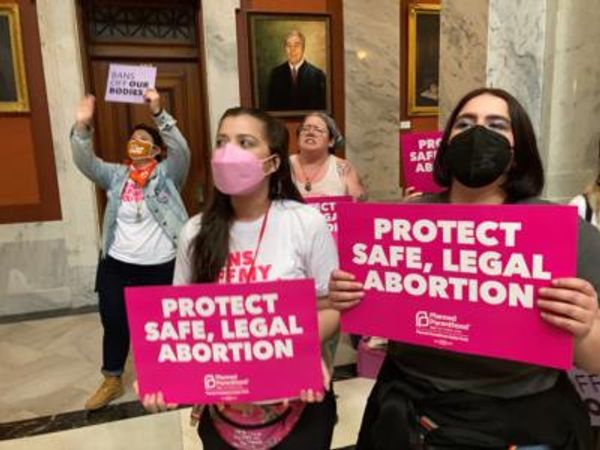
Shaking off the team orders row that unexpectedly sparked up in Brazil last weekend, Max Verstappen put in the kind of performance that exemplified his stunning 2022 with pole and victory in Abu Dhabi. Red Bull didn’t have things all their own way as Sergio Perez was beaten by Charles Leclerc to second place and with it the runner-up spot in the final standings.
While the track action returned to the form guide after the action-packed Brazilian round, it gave a focus shift towards the future with the final places on the 2023 grid decided and an opportunity to say a final farewell to a few faces, most notably four-time F1 world champion Sebastian Vettel.
Here are the key takeaways from what we learned from F1’s 2022 season finale.

1. Verstappen sends out a ruthless warning for 2023 (Haydn Cobb)
In the fallout from the team orders row at the Brazilian Grand Prix, which inevitably spilled into the pre-race focus in Abu Dhabi, Max Verstappen had needlessly soured his 2022 campaign and potentially wrecked a harmonious Red Bull camp by not helping team-mate Sergio Perez in his quest to complete a team 1-2 in the championship.
While the latter point remains to be seen, nobody can question Verstappen’s dominance this season as he took pole position and victory at the Yas Marina Circuit – his third win in a row at the Abu Dhabi track. It further extended his most wins in a season record to 15, coming from 22 races; a win percentage only beaten in four other seasons in F1 history.
PLUS: The factors that stopped Perez catching Leclerc in Verstappen's Abu Dhabi triumph
But it was the nature of Verstappen’s triumph that was key. Utterly dominant, he controlled his pace from the front, and had both performance and tyre life in hand if a challenge ever came. Arguably it was one of his most complete displays of the season, up there with his Belgian GP masterclass, and sent a warning to his rivals of the levels they need to reach to take him on in 2023.

2. Leclerc gives Ferrari small comfort after underwhelming season (HC)
That Charles Leclerc went from winning two of the opening three rounds to clinging onto second place in the drivers’ championship tells its own story about his and Ferrari’s woes this season.
But, to the credit and comfort of the Scuderia, Leclerc maximised his performance in Abu Dhabi behind runaway leader Max Verstappen to see off Sergio Perez for second and with it secure the runner-up spot in the final standings.
PLUS: Abu Dhabi Grand Prix Driver Ratings 2022
Key to Leclerc’s success was going for the one-stop strategy and making the tyres last, while also pulling a dummy to force Red Bull into pitting Perez for a second stop. Ferrari team principal Mattia Binotto saw it as a triumph not only for his driver but also the team’s strategy, which has come under fire so often, and felt it was evidence his squad can get the big calls right.
While it was still too far away from a victory, it gave a glimmer of light going into the winter for a Ferrari title fight that it failed to provide this year. Next year will be the time to deliver, otherwise the initial speculation of Binotto’s position being at risk will only grow louder.

3. Mercedes won’t miss the W13 (HC)
While the joys of a 1-2 in Brazil spared Mercedes from its first barren season since 2011, in truth 2022 has been a humbling experience for the German manufacturer. Even with the major kinks ironed out, the porpoising and bouncing now largely mediated from the W13, Mercedes still endured a difficult weekend in Abu Dhabi.
A mechanical failure for Lewis Hamilton (granted, the team's first and only of the season) put the seven-time champion out, while a slow pitstop tripped George Russell into an unsafe release in front of Lando Norris that copped him a five-second penalty. He was condemned to fifth place, way off the Red Bulls and Ferraris.
Hamilton’s summary of the Abu Dhabi GP representing the team’s whole year might be a touch dramatic – one pole, one win and 16 further podium finishes between him and Russell is a haul the majority of the grid can only dream of – but it did neatly encapsulate the team’s end of season reflections.
Word from Mercedes is it has very much learned its lessons from the W13, with its baked-in problems remedied with its 2023 car. But whether it can bridge the development gap to Red Bull and Ferrari over the winter will be critical if it can return to being a consistent frontrunner and title fighter.

4. Alpine delivers despite latest Alonso let down on final outing (HC)
When the Alpine bosses sit down over Christmas to reflect on 2022, it won’t be with much fondness or satisfaction. That will be despite achieving its optimum target of fourth in the F1 world constructors' championship, 14 points clear of McLaren at the chequered flag in Abu Dhabi.
A fifth mechanical-related retirement of 2022, this time a water leak, for Fernando Alonso meant his final race with the team before his departure for Aston Martin ended on a sour note. In letting hot prospect Oscar Piastri slip through its fingers amid Alonso’s abdication, Alpine lost two star drivers in 2022 and had to scratch around for a replacement before settling on Pierre Gasly.
Then civil war erupted between the outgoing Alonso and Esteban Ocon in the Brazilian GP sprint race, probably when Alpine needed it the least given its finely-balanced tussle with McLaren. The not-so-friendly parting comments from Alonso left a bitter aftertaste to his third stint at Team Enstone.
It all means that while on paper 2022 can be marked down as progress, in reality the team took a step backwards and has a winter to re-establish harmony, cure unreliability and gather momentum for its planned charge towards the big three.

5. F1 will miss Vettel more than Vettel will miss F1 (HC)
Sebastian Vettel’s long goodbye to F1, having announced his retirement ahead of the Hungarian GP in July, hit terminal velocity in Abu Dhabi with tributes from every corner of the paddock.
It was a sign of the size of the void Vettel will leave in F1. From those early years as a breakout talent leading Toro Rosso to a shock maiden win, his four world titles with Red Bull, his exciting but ultimately failed bid to lead Ferrari back to glory and to the end with his two-season salvo at Aston Martin, Vettel has played an integral role in the championship’s history for 16 years. But today, he wakes up as a retired F1 driver.
As more pressing concerns became Vettel’s priority, from environmental issues to the draw of home and family life with young children, the 35-year-old knew it was the right time to go. But given the outpouring of love for Vettel since his decision to retire, it is clear F1 wasn’t ready to say goodbye.
As his experience and stature grew, so did his authority as a leading figure in motorsport. Whenever Vettel spoke, people listened. But with his legacy and numerous connections around the paddock, hopefully Vettel won’t be a stranger to F1 for very long. Where he pops up and what he does next will be fascinating.

6. Ricciardo’s plan for an F1 revival starts with a Red Bull return (Jake Boxall-Legge)
Daniel Ricciardo could have been racing in F1 if he'd really fancied it next season, or could have explored the United States with a top IndyCar ride, but neither option quite did it for him. The Australian preferred the option of a reserve ride with a top team over a potential racing reprieve with Haas or Williams and, at Abu Dhabi, the cat was let out of the bag by Red Bull advisor Helmut Marko that Ricciardo was nearing a switch to the Milton Keynes outfit as a third driver.
Since leaving Red Bull, Ricciardo's itchy feet have taken him to Renault and then McLaren, with a regression in results over those four years - and thus, the Western Australian has attempted to arrest the slide with a return 'home'. What the expected third driver role will entail is unknown at this stage, and it is expected that Ricciardo will mostly focus on promotional duties rather than occupying a reserve role at all of next year's races.
It keeps him in touch with the Red Bull family and ticking over should a competitive race seat become available. But the question is this: where?

7. Sargeant does enough to claim superlicence and F1 debut (MW)
A strong showing for Logan Sargeant during the final Formula 2 round of the season secured him fourth in the drivers’ standings, which in turn ensured he surpassed the 40 superlicence points to make a move to Formula 1 with Williams next season. The American driver finished sixth in Saturday’s sprint and fifth in Sunday’s feature race to round off his rookie season with Carlin, during which he took two feature race wins and a further two podiums.
Sargeant will now take part in Tuesday’s Young Driver Test in Abu Dhabi with the British team, where he replaces Nicholas Latifi as Alex Albon’s team-mate to become the first American F1 driver since Alexander Rossi in 2015.
Team principal Jost Capito previously said he was “a fan of getting young drivers as quick as possible in Formula 1” – something which has clearly worked to Sargeant’s advantage. He has already taken part in four FP1 outings (his home race at COTA, Mexico, Brazil and Abu Dhabi) but ahead of next season, Sargeant could also test with Alpine to gain more F1 mileage – a favour from the team to Williams, with whom it has a friendly relationship.

8. Hulkenberg secures F1 return as Schumacher is sidelined (Megan White)
With Sargeant’s good fortune comes the final goodbye to Mick Schumacher’s chances of an F1 seat in 2023. The Haas driver’s departure after two years with the team was announced on Thursday, with news that the American team had signed Nico Hulkenberg as his replacement coming later that day. The 35-year-old will partner Kevin Magnussen, making his full-time return to the grid for the first time since leaving Renault at the end of 2019, though he has made several super sub appearances since then.
Sargeant’s success on Sunday means the grid for next year is full, but a disappointed Schumacher says he hopes to prove his naysayers wrong next year, and he is currently evaluating other options for 2023 such as a potential reserve role.
With Mercedes boss Toto Wolff having indicated he would be interested in signing the German in that capacity, Schumacher may still yet find a way to remain in the paddock next year. He has made it clear he has no interest in driving in DTM, where he would line up against his cousin David, but could still find a seat in another championship alongside a role with Mercedes.

9. The FIA is moving in the right direction a year on from Abu Dhabi 2021, but progress is slow (HC)
A return to the Yas Marina Circuit was always going to trigger reminders back to the controversial 2021 finale, when F1 exploded into controversy, with the shockwaves still being felt. It therefore became an intriguing point for FIA president Mohammed Ben Sulayem to give a state of the nation address, admitting that the governing body's report didn’t go far enough while stressing that its transparency had improved.
That feeling was a fair summary of how the FIA and F1 has approached 2022. From the Japanese GP recovery vehicle on-track incident, to the politically-charged cost cap breach by Red Bull, the FIA has been far more open about how it reached its decisions and what changes will be made to improve things in the future.
But, truthfully, 2022 hasn’t been far behind last season on the controversy scale, with the FIA usually in a key role in the storm. So while there have been improvements and progress, with its new process to sort the qualifying order amid a myriad of grid penalties - plus the promise for sterner deterrents to prevent tactical engine changes in the first place - a clear and sensible step forward, there’s a long way to go before all parties can hold complete faith in both F1 and the FIA.

10. F1 needs its winter break, gruelling 2023 to come (JBL)
Strictly speaking, Abu Dhabi's chequered flag wasn't quite the end of 2022 duties, as there's an end-of-season test at Yas Marina to contend with before everyone can pack up for the winter and hibernate [in the design office].
The 22 races staged this year was an all-time high in terms of race quantity, but F1's popularity boom means that the calendar is continuing to grow. There are 24 races on the menu for next season; France is gone, however Qatar is back and Las Vegas joins the fray. It could drop to 23, depending on the status of China and its zero-COVID policy, but that's still an unprecedented amount of global criss-crossing for many involved in the less glamorous side of F1.
Our own Luke Smith detailed some of the key issues with the ever-expanding calendar in September, and his points remain true - 23/24 races will take its toll on many, and there will be some teams who cannot afford to rotate staff at races. The usual detractors of kindness and empathy will revert to their guttural clarion call of "if you don't like it, leave".
Don't worry detractors, you'll be happy to know that people are taking their talents to championships with less-demanding calendars - and it won't be surprising to continue to see an increasing rate of staff turnover in the coming years. If 2022 was already too much for many, 2023 may be the straw that breaks the camel's back.








